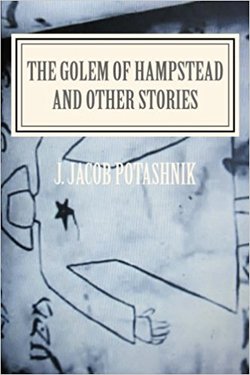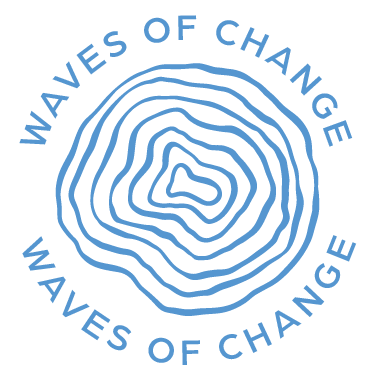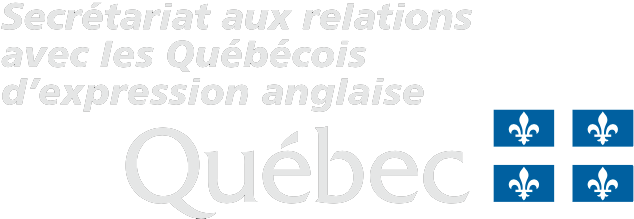The Golem of Hampstead and Other Stories
QWF Award
Finalist for Concordia University First Book Prize
Literature

J. Jacob Potashnik’s collection of short stories about Montreal and other places is in the tradition of Saul Bellow, Mordechai Richler, and reminiscent of the work of Isaac Bashevis Singer and Sholom Aleichem, among others.
What We Choose to Remember features a cast of more than 30 characters, whose families arrived in successive waves of immigration. The oldest families arrived during the period of ‘two solitudes’ when Montreal’s population was more than 50% English. They share firsthand accounts decades of political upheaval. The most recent immigrants arrived believing linguistic conflicts were ancient history.
Visit the website to watch the trailer and find tickets to our public screenings ︎ Visit the website to watch the trailer and find tickets to our public screenings ︎
Visit the website to watch the trailer and find tickets to our public screenings ︎ Visit the website to watch the trailer and find tickets to our public screenings ︎
Acknowledgements
Our story takes place on the Indigenous lands of the Kanien’kehá:ka (Mohawk) nation of the Haudenosaunee Confederacy. Tiotià:ke (known as Montréal) has existed as a meeting place of many First Nation peoples, including but not limited to the Abenaki , Anishinaabeg (Algonquin), and the Huron-Wendat. We extend our deepest respect to the elders of these nations and to all Indigenous peoples who carry the history of this island’s land and waters. We also call upon all levels of government to adopt and implement the 94 recommendations of the Truth and Reconciliation commission.
We acknowledge the support of our sponsors
Our story takes place on the Indigenous lands of the Kanien’kehá:ka (Mohawk) nation of the Haudenosaunee Confederacy. Tiotià:ke (known as Montréal) has existed as a meeting place of many First Nation peoples, including but not limited to the Abenaki , Anishinaabeg (Algonquin), and the Huron-Wendat. We extend our deepest respect to the elders of these nations and to all Indigenous peoples who carry the history of this island’s land and waters. We also call upon all levels of government to adopt and implement the 94 recommendations of the Truth and Reconciliation commission.
We acknowledge the support of our sponsors



